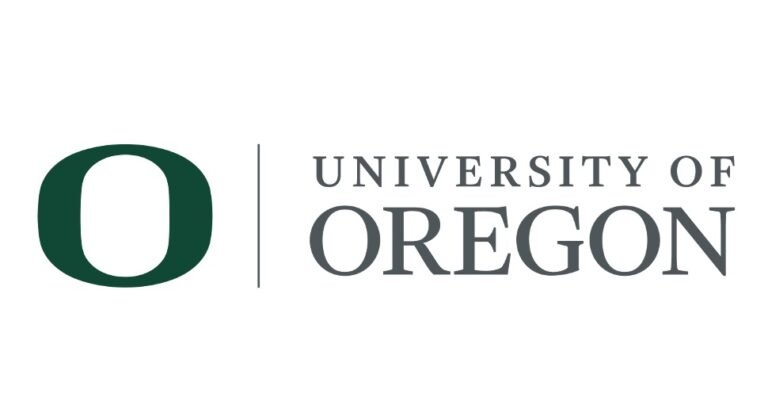Department Summary
The Institute of Neuroscience (ION) is a group of biologists, psychologists, and human physiologists at the University of Oregon that has pooled its expertise to tackle fundamental questions in neuroscience – questions such as, “How do neural stem cells choose between self-renewal and differentiation?” “What mechanisms generate the large diversity of neurons within the brain?” “How do these neurons ‘wire up’ into functional circuits?” “How do neural circuits produce behavior?”
These questions are being explored at all levels of organization – from the relatively simple nervous systems of Drosophila, C. elegans, and zebrafish to the more complex networks in mice, owls, and humans.
ION boasts a highly collaborative faculty with expertise in genetics, development, electrophysiology, optogenetics, and functional MRI. As a result, students enrolled in our PhD program come away with the broad conceptual and technical skills necessary to run an independent neuroscience research lab or pursue many other related career paths. Our state-of-the-art facilities and excellent support staff allow ION members to progress rapidly by making exploratory or pilot experiments accessible.
Position Summary
Postdoc positions are available for researchers with strong quantitative backgrounds at the University of Oregon’s NeuroAI Center (ion.uoregon.edu/neuroai) in the Murray and Mazzucato labs. In our research, we seek to uncover the principles of how the brain performs computations related to sensory perception, decision making, and motor control. While previous experience in computational neuroscience and machine learning are desirable, applicants from other quantitative fields (e.g. math, physics, statistics, computer science) who are eager to learn about neuroscience are highly encouraged to apply as well.
Some of the scientific questions that motivate our work are How do different regions of the brain interact to learn new motor skills? What are the neural mechanisms underlying optimal performance in complex cognitive tasks? What are the principles that enable brains and artificial agents to learn efficiently from experience while minimizing forgetting? How can neural circuits generate the complex dynamics enabling naturalistic animal behavior? Our labs aim at building mechanistic models of brain function grounded in a combination of theoretical approaches, neural network-based simulations, and statistical analysis of experimental data. The candidate will have the opportunity to collaborate with a large network of experimental collaborators at University of Oregon and at other institutions with expertise in sensory processing (visual, auditory, and olfactory), motor control, naturalistic behavior, neural engineering, and brain-computer interfaces.
The Oregon NeuroAI Center is part of the Institute of Neuroscience at the University of Oregon (ion.uoregon.edu), a major hub for systems and theoretical neuroscience research. The successful candidate will also join our International Network for Bio-Inspired Computing (in-bic.org), a worldwide consortium of NeuroAI groups that provides trainees with an extended network for collaboration, including trainee exchanges, workshops, and schools. The University of Oregon is located in Eugene, Oregon, a vibrant college town in the Pacific Northwest with ample cultural offerings and phenomenal access to outdoor recreation.
We offer a competitive salary commensurate with the candidate’s experience, and remote work arrangements may be considered. Our Institute strongly advocates for inclusivity in science, and we encourage applications from underrepresented groups.
Minimum Requirements
• PhD in a quantitative field, including physics, neuroscience, mathematics, statistics, computer science, or related fields.
• Strong quantitative background including at least some coding experience.
Preferred Qualifications
• Previous experience in computational neuroscience and machine learning







